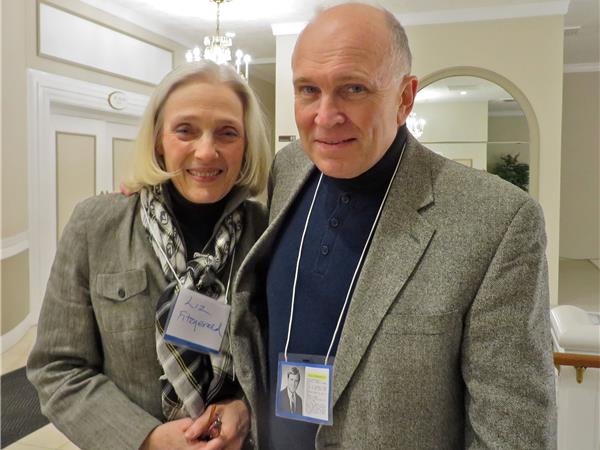Following Britain's colonization of Afghan tribal lands east of the Hindu Kush Mountains in 1848, these principles of Pashtun law were gradually replaced by a new British colonial order. Pashtun society was already known to be in need of social reform for its long-standing acceptance of revenge killing. But the British creation of a small, elite landlord-class to control and administer the province turned revenge killing into a permanent blood bath.
According to Dr. Sruti Bala of the University of Amsterdam: "With traditional tribal authority diminished, this ruling elite gradually emerged as a group of powerful landlords who fought among each other and increased rivalry among the clans. By introducing their own manner of punishment and control, including fines, levies and even imprisonment, they created a new culture of conflict with its own rules of settlement."
According to Bala "this was a major change in comparison with the tribal councils' traditional focus on limiting conflicts and blame, and resolving feuds without punishment." The 1872 Frontier Crimes Regulation Act further worsened the situation by sanctioning punishments and mass arrests without trial and legal support and placed heavy restrictions on the free assembly of ethnic Pashtuns. The Frontier Crimes Regulations were far stricter in the Pashtun territories than in any other part of British India and directly limited civil liberties. According to Bala, "The infringements on civil as well as basic human rights were legitimized by the apparent need to control the Western frontier as a defensive line against Russian aggression and military advances in the region." And this was of course long before the threat of Soviet communism ever existed.
British competition with Russia for control of Central Asia was a central feature of the 19th century imperialism known as the Great Game. Over time a delicate balance was reached and Afghanistan used as a buffer state between empires but not without a brutal suppression of the Pashtun tribes by the British.
Khan's appeal to non-violence was accepted by many Pashtuns as a way to resolve deep rooted social problems while undermining British authority at the same time. Although organized like an army, his recruits swore an oath to renounce violence and to never so much as touch a weapon. Over time, the Khudai-Khidmatgar movement developed an educational network to address the social and cultural reforms needed to leave revenge and retribution behind and move towards non-violent development.
This network served the community by focusing on education for all, encouraging poetry, music and literature as avenues of expression that would help eradicate the roots of violence that had become normalized among Pashtuns during British rule.
The non-violence base of the Khudai-Khidmatgar not only addressed the imbalance created by tribal feuds, it also brought Afghans under the single platform of non-violence which ultimately helped the Pashtuns present a powerful united front against British imperial designs.
Khan was an active member of the Indian National Congress, Chief of the Frontier Province Chapter of the Congress and a close ally of Gandhi and when they first met he questioned Gandhi about something that troubled him. "You have been preaching non-violence in India for a long time," he said. "But I started teaching the Pashtuns non-violence only a short time ago, yet the Pashtuns seemed to have grasped the idea of non-violence much quicker and better than the Indians. How do you explain that?" To which Gandhi replied, "Non-violence is not for cowards. It is for the brave and for the courageous and the Pashtuns are brave and courageous. That is why the Pashtuns were able to remain non-violent."
Next Page 1 | 2 | 3 | 4 | 5 | 6 | 7 | 8 | 9 | 10 | 11 | 12 | 13 | 14 | 15 | 16 | 17 | 18 | 19 | 20 | 21 | 22 | 23 | 24 | 25 | 26 | 27 | 28 | 29 | 30 | 31 | 32 | 33 | 34 | 35 | 36 | 37 | 38
(Note: You can view every article as one long page if you sign up as an Advocate Member, or higher).





